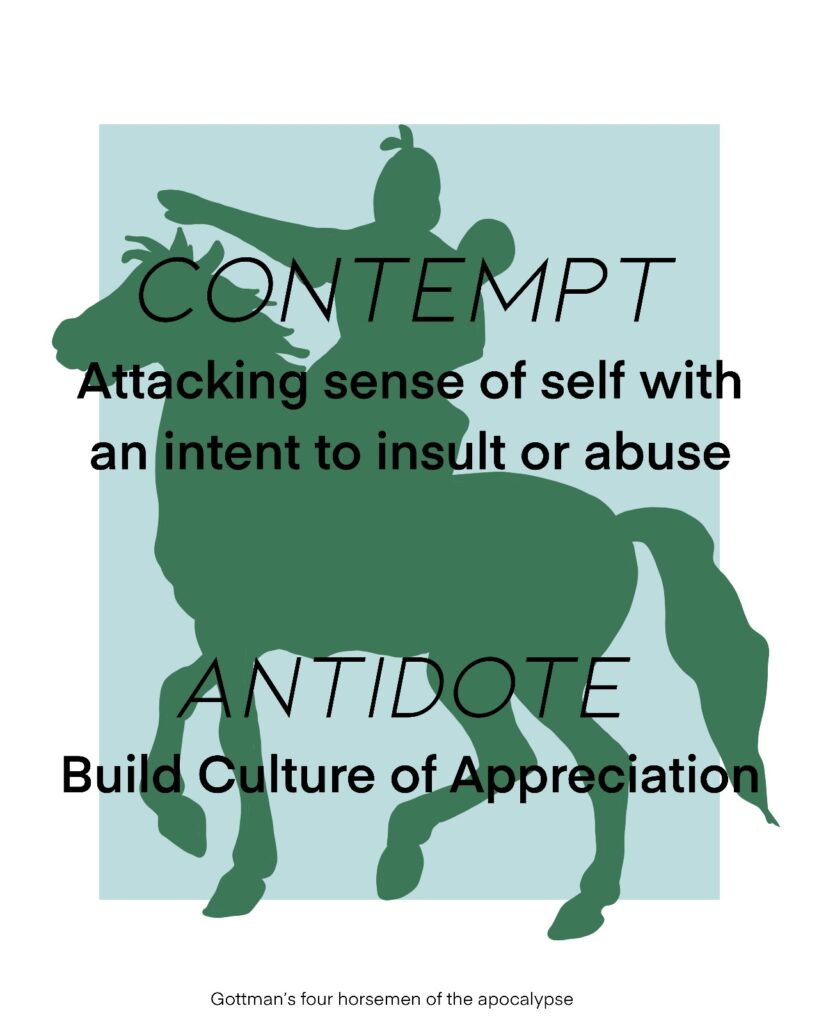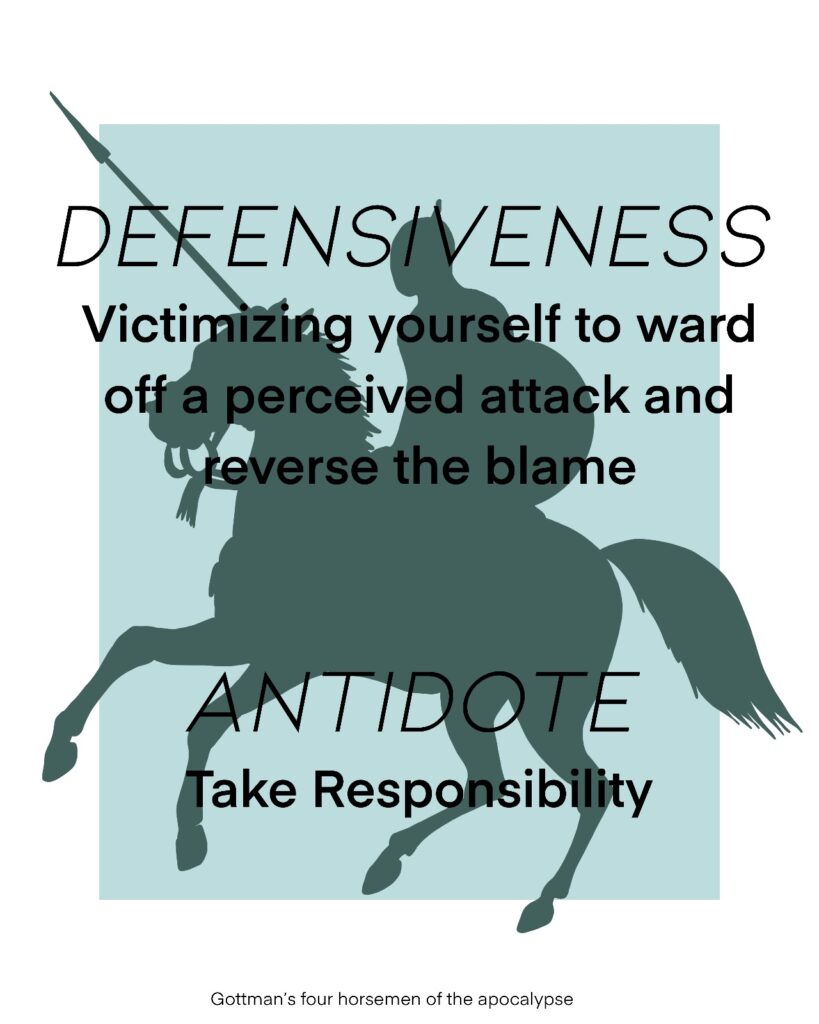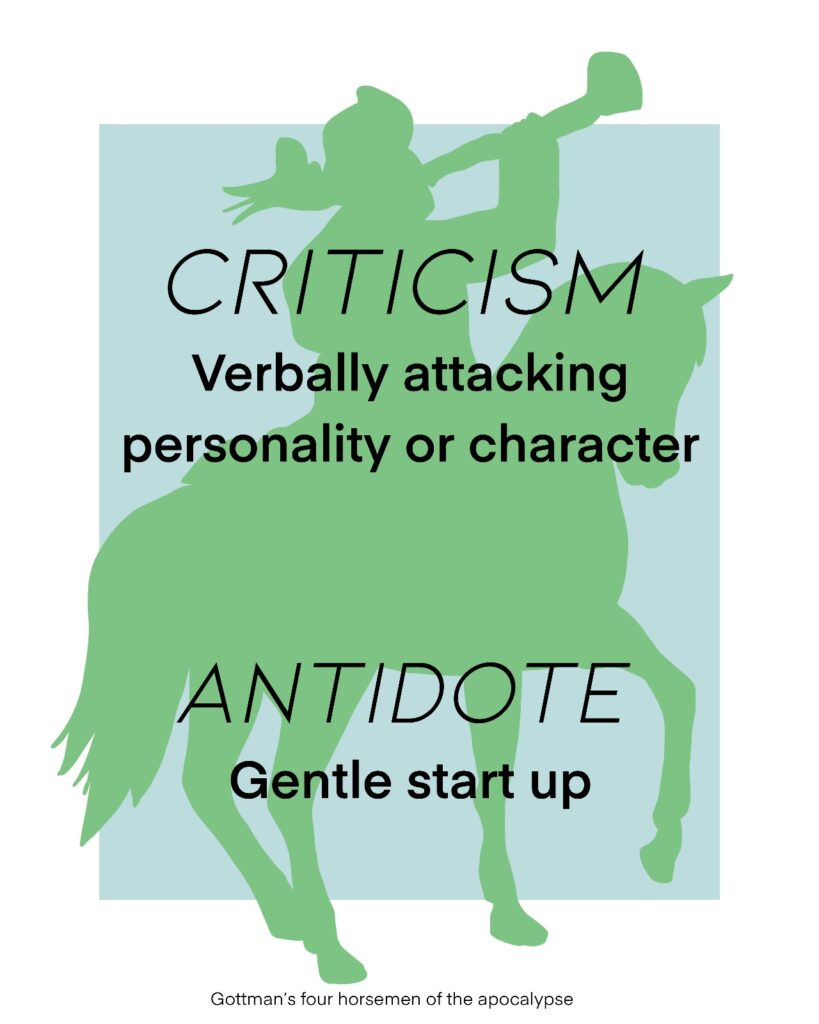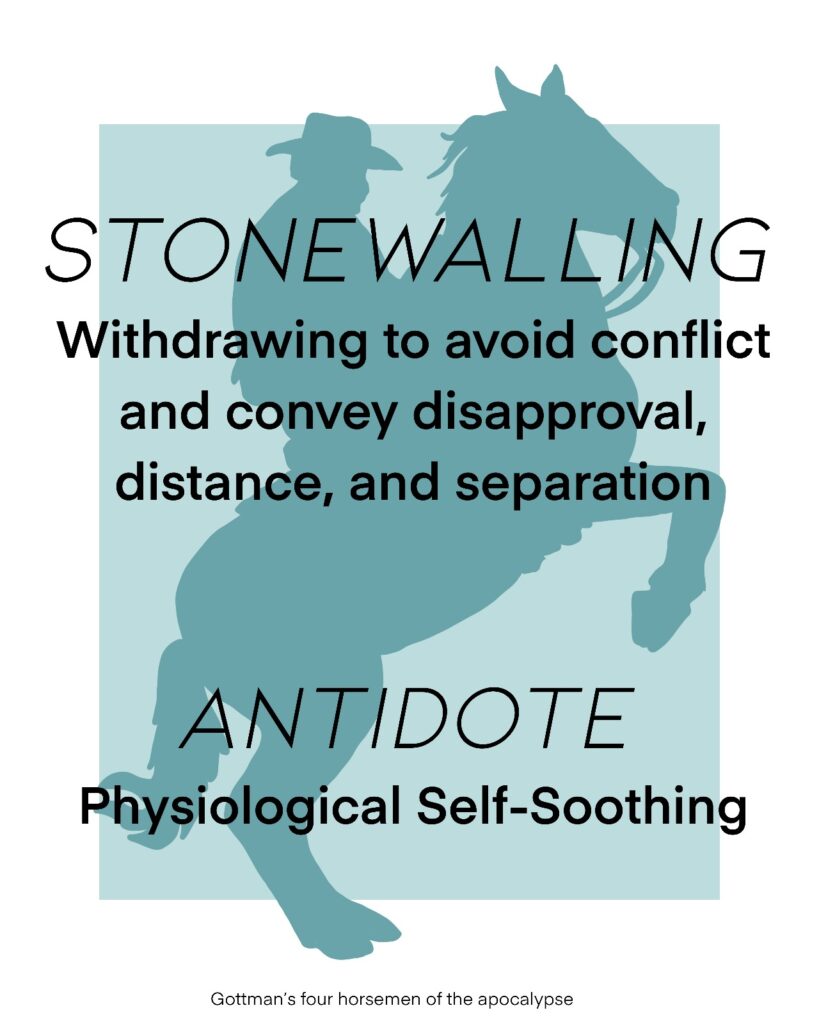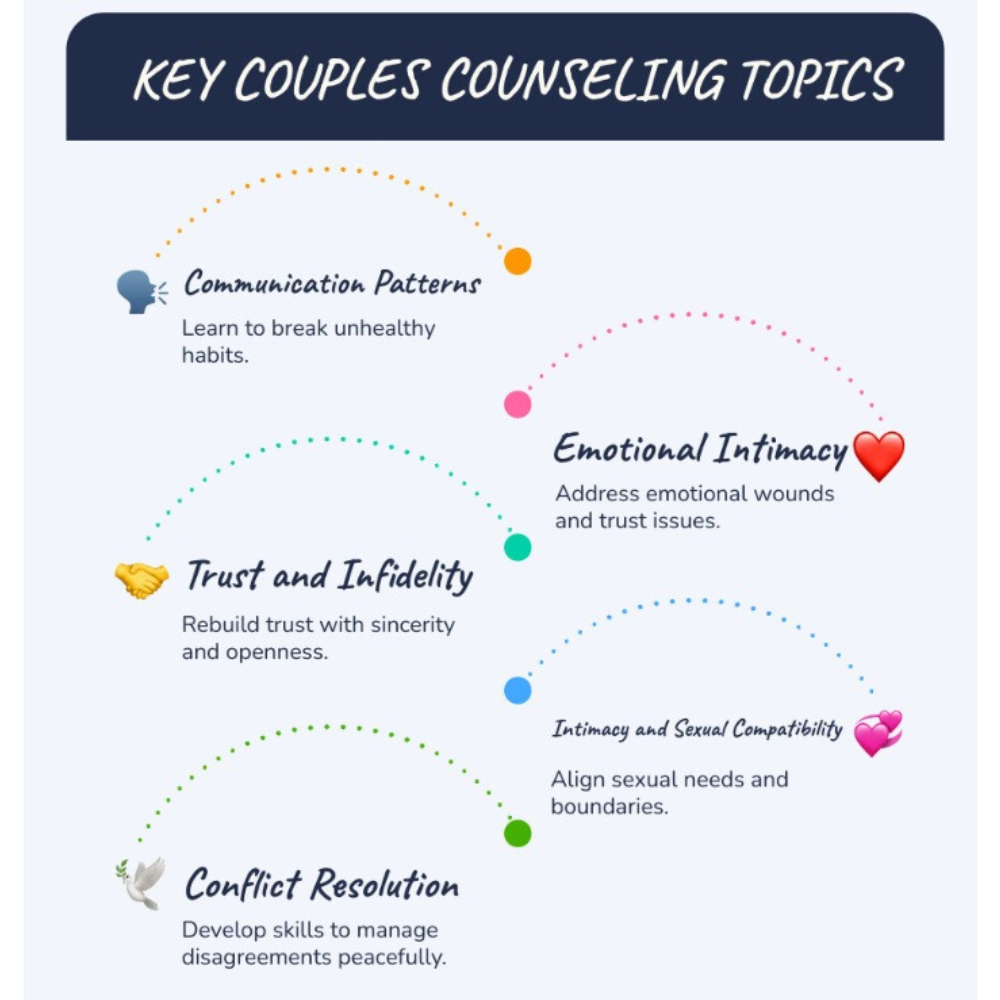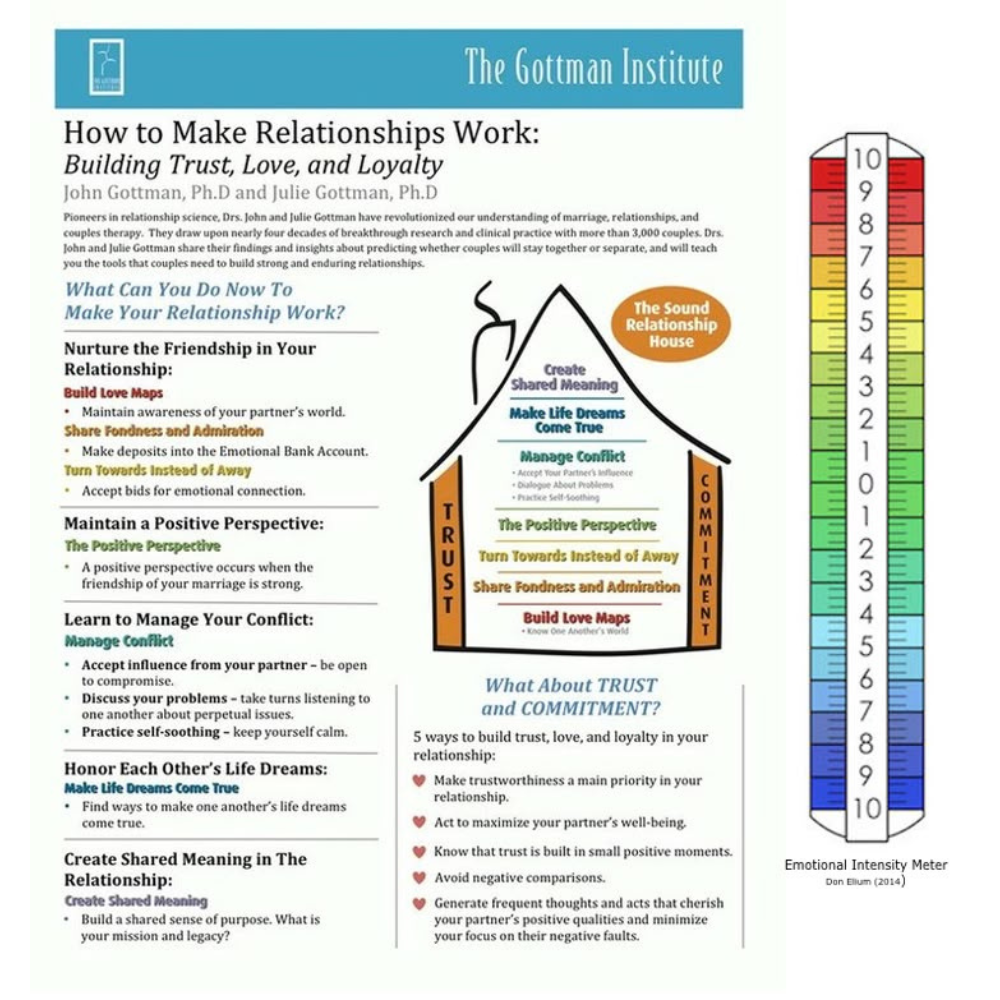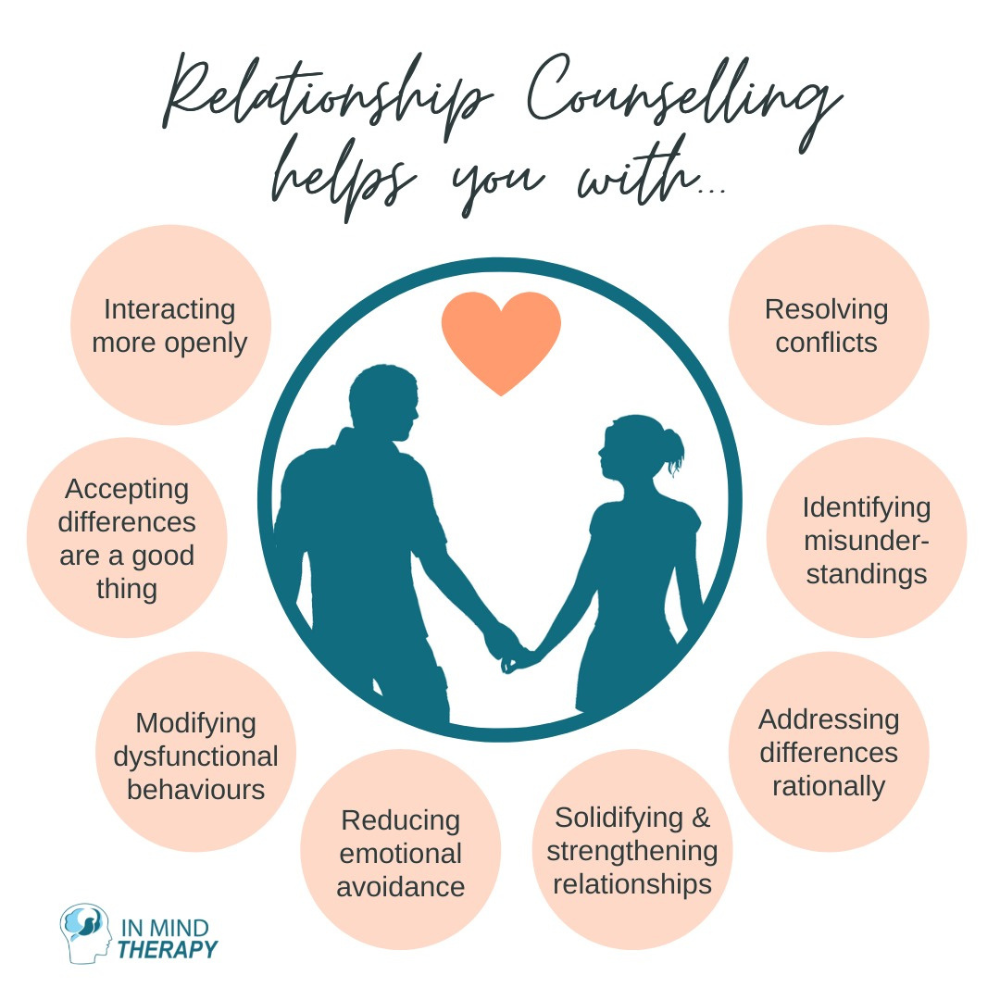Couples Therapy
In Farmington Hills, Michigan
“Great marriages don’t happen by accident, but require being intentional 365 days a year."
- Casey Caston
This is where we help you at
Thrive Beyond Trauma Counseling
The institution of marriage and companionship has evolved overtime;
In the past, marriages primarily served survival and basic needs;
Today individuals seek genuine partnership, love, mutual respect, and emotional connection;
Instead of merely fulfilling practical roles, modern couples prioritize emotional engagement, mutual support, and shared decision-making;
This evolution reflects a desire for deeper connections and a mature approach to addressing life’s challenges;
Someone they can confide in, discuss matters with, and tackle life’s challenges maturely and collaboratively.
Do you see yourself desiring your relationship to grow and fulfill in this manner?
Together, we’ll work towards helping you feeling truly connected
with yourself and your partner both
Reach Out Today!
– Are you struggling to maintain connection in your relationship
– Do you think your relationship is deteriorating
– Are you feeling uncertain about your relationship
– Are differences in your opinions & values increasing arguments
– Is constant disputes between you two causing constant distress leading to
alcohol abuse or depression
– Is unresolved familial issues causing strain in your relationship
Reach Out Today!
You DON’T have to
Ignore it & Push it away.
Here at
Thrive Beyond Trauma Counseling
We will work towards
helping you feeling truly connected
with yourself & your partner.
Reach Out Today!

Do you want to give the your relationship another chance?
Do you want feel the connection again, that brought you both together?
If the answer to these questions is YES,
then the road you need to take on is called Couple’s Counseling
with
Thrive Beyond Trauma Counseling
Here, we focus on your Individual Differences
& your Communication Styles
which comes from your cultural heritage & cognitive patterns
& is the root cause of the conflicts & misunderstandings
that you and your partner are experiencing.
We help you understand your mismatches in your communication,
your interpersonal relationships,
your problem-solving skills,
& thus help fostering mutual goals,
vision for the future hence creating
for each other in the relationship
Reach Out Today!
You are not in this Alone
Let us help you
Fill out the form, contact us, we will connect with you shortly!
FAQ
What is the benefit of couples counseling?
- Partners become aware of match and mismatch domains in their relationship.
- Partners learn to analyze conflicts associated with their mismatch.
- Both partners learn to match each other’s preferred styles and develop flexibility to negotiate effectively.
What are some of the most effective types of couple’s counseling?
- Emotional Focused Therapy (EFT)
- The Gottman Method.
What is the Gottman Method?
The Gottman Method is a form of couple’s therapy that derives from the relationship research of psychologist John Gottman and his wife Julie Schwartz, that created the clinical treatment framework known as The Gottman Method. It talks about negative emotions, like defensiveness and contempt, hurting the relationship. As a result, therapy focuses on developing positive interactions, skills and understanding necessary for partners to maintain fondness and admiration, turning toward each other to get their needs met, and managing conflict. It also focuses on how couples can react and repair relations when they do hurt each other.
When should Gottman couples counseling be used?
The method can be applied to many relationship problems but may be particularly useful for couples who are:
- Stuck in chronic conflict
- Coping with infidelity
- Struggling with communication
- In a stagnant relationship or emotionally distanced
- Facing difficulties over specific issues, such as money, parenting or sex
Gottman Method therapy is based on couple’s patterns of interaction. Partners learn and implement relationship-building and problem-solving skills together.
How does it work? What makes it so effective?
The Gottman Method is built on nine components of a healthy relationship what Gottman calls “The Sound Relationship House”
The Sound Relationship House is what makes a happy, healthy relationship. On the other hand, “The Four Horsemen” illustrates communication styles that could lead to a relationship’s demise. And stated that the only way to make the relationship work is to focus on the level of respect and tenderness that exists between the couple to what Gottman calls as “the antidote for the horsemen”
What makes the Gottman method so beneficial?
- It is focused and has intentional tools to help; the focus of therapy is not on communication loops but on giving you tangible do’s and don’ts.
- It naturally creates emotional connection and closeness without forcing it; a natural connection with your partner is an expected outcome from it.
- It helps couples bring the best parts of their relationship to focus while intentionally strengthening the weaker points for long-term stability; you don’t need to be in therapy to experience the benefits of therapy.
“Love is a two-way street constantly under construction.”
— Carroll Bryant
